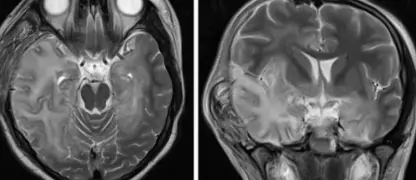Progressive Multifocal Leukoencephalopathy (PML) is a rare, serious brain infection that affects the white matter, often linked to weakened immune systems and specific medications.
What are the main causes of Progressive Multifocal Leukoencephalopathy (PML)?
- Progressive Multifocal Leukoencephalopathy occurs mainly due to reactivation of the JC virus in immunocompromised individuals.
- Patients with weakened immune systems from conditions like HIV/AIDS or certain cancers are highly susceptible to PML.
- Immunosuppressive therapies for diseases such as multiple sclerosis can trigger the onset of PML in vulnerable patients.
Key symptoms of Progressive Multifocal Leukoencephalopathy (PML) to watch for
- Early PML symptoms include difficulties with speech, muscle weakness, and coordination problems affecting daily activities.
- Vision impairment, including blurred or double vision, may indicate progression of PML in affected individuals.
- Cognitive changes such as memory loss, confusion, and personality shifts are common signs of advanced PML.
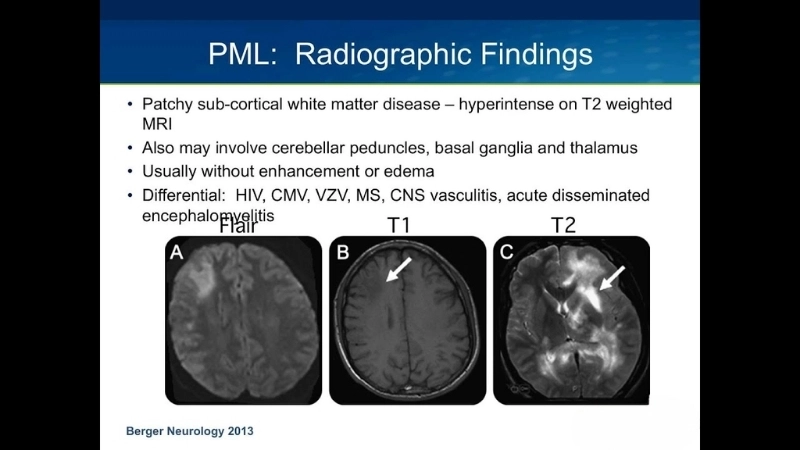
>>>Explore further: Understanding Powassan encephalitis for general health
How can you prevent Progressive Multifocal Leukoencephalopathy (PML) effectively?
- Regular monitoring of immune function can help detect early risks of PML in immunocompromised patients.
- Avoiding unnecessary immunosuppressive medications reduces the likelihood of PML development in high-risk individuals.
- Prompt treatment of underlying infections and maintaining a healthy immune system support PML prevention.
>>>Explore further: Tick-borne encephalitis (TBE) symptoms and prevention tips
Image description of Progressive Multifocal Leukoencephalopathy (PML)
Progressive Multifocal Leukoencephalopathy (PML) is a rare, often serious viral disease that damages the brain’s white matter, leading to neurological complications. Early detection and medical management are crucial.
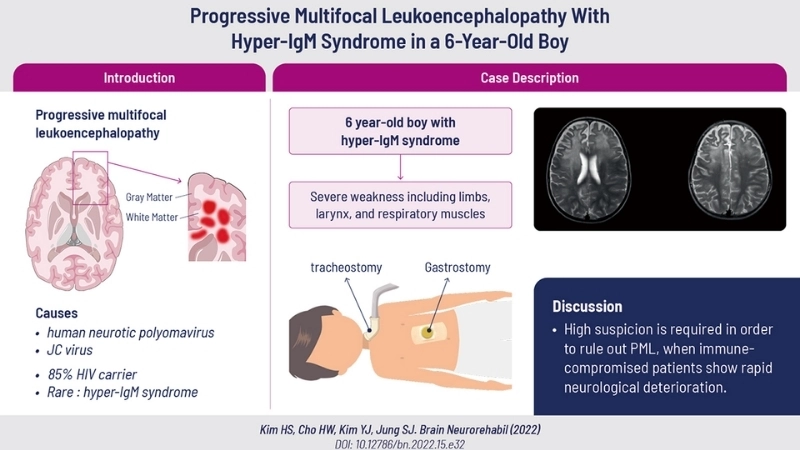
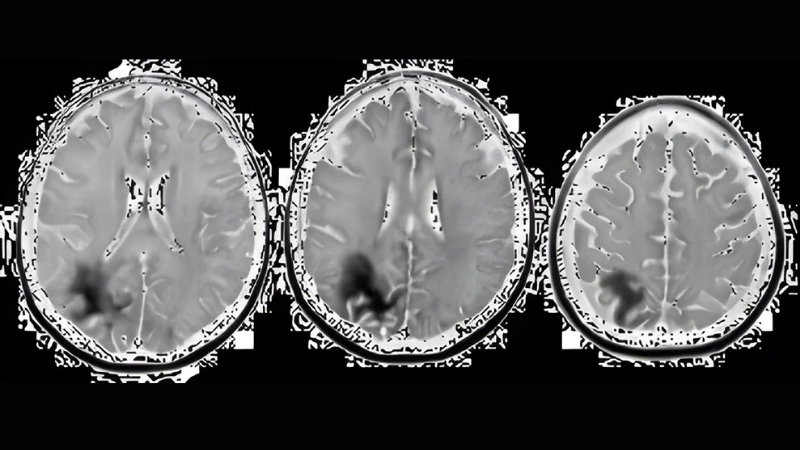
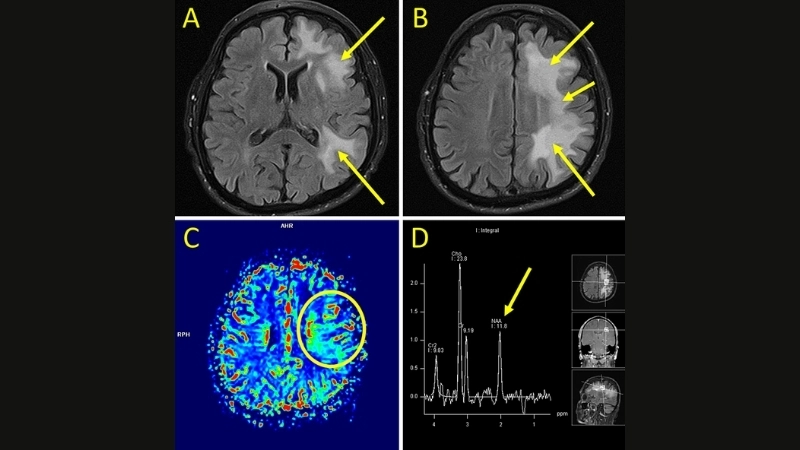
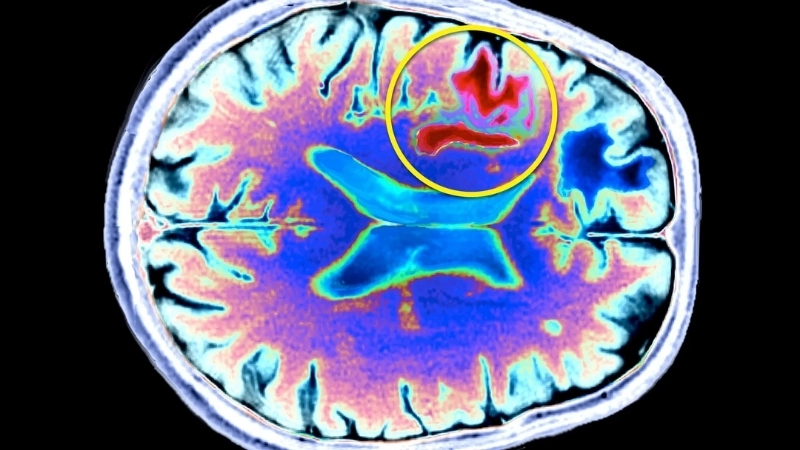
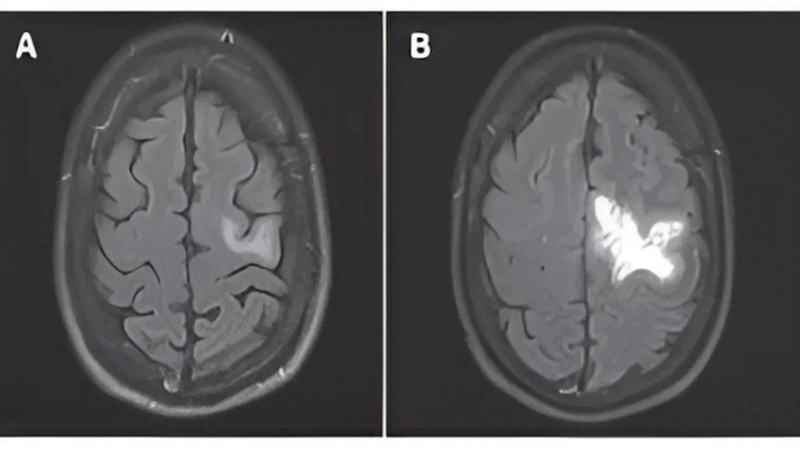
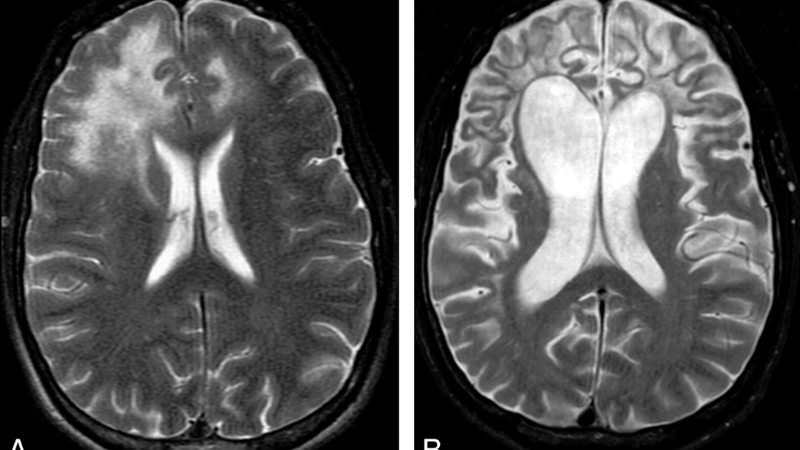
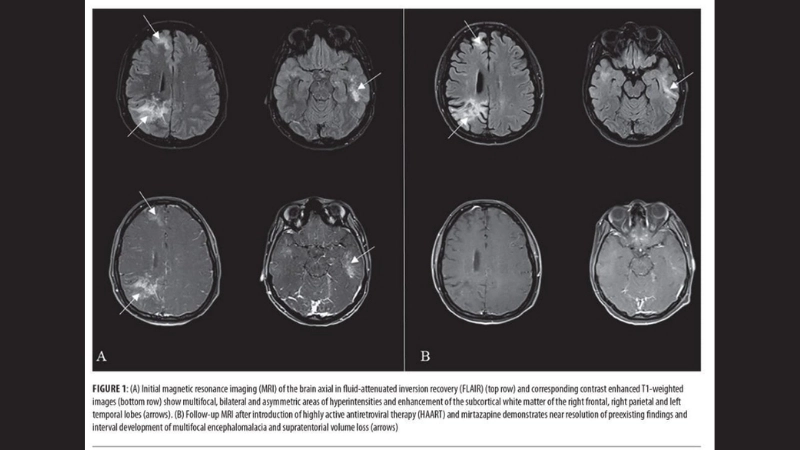
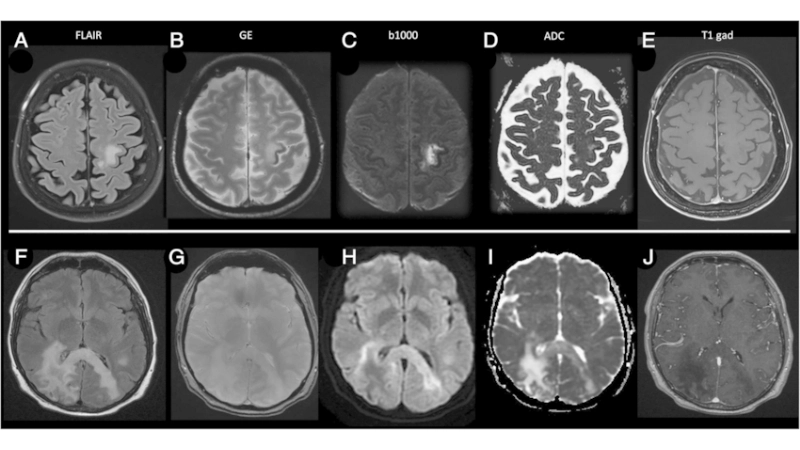
>>>Explore further: Understanding la crosse encephalitis symptoms and risk
Early diagnosis and proper care of Progressive Multifocal Leukoencephalopathy (PML) can improve outcomes. Awareness of symptoms and risk factors is essential for prevention.




